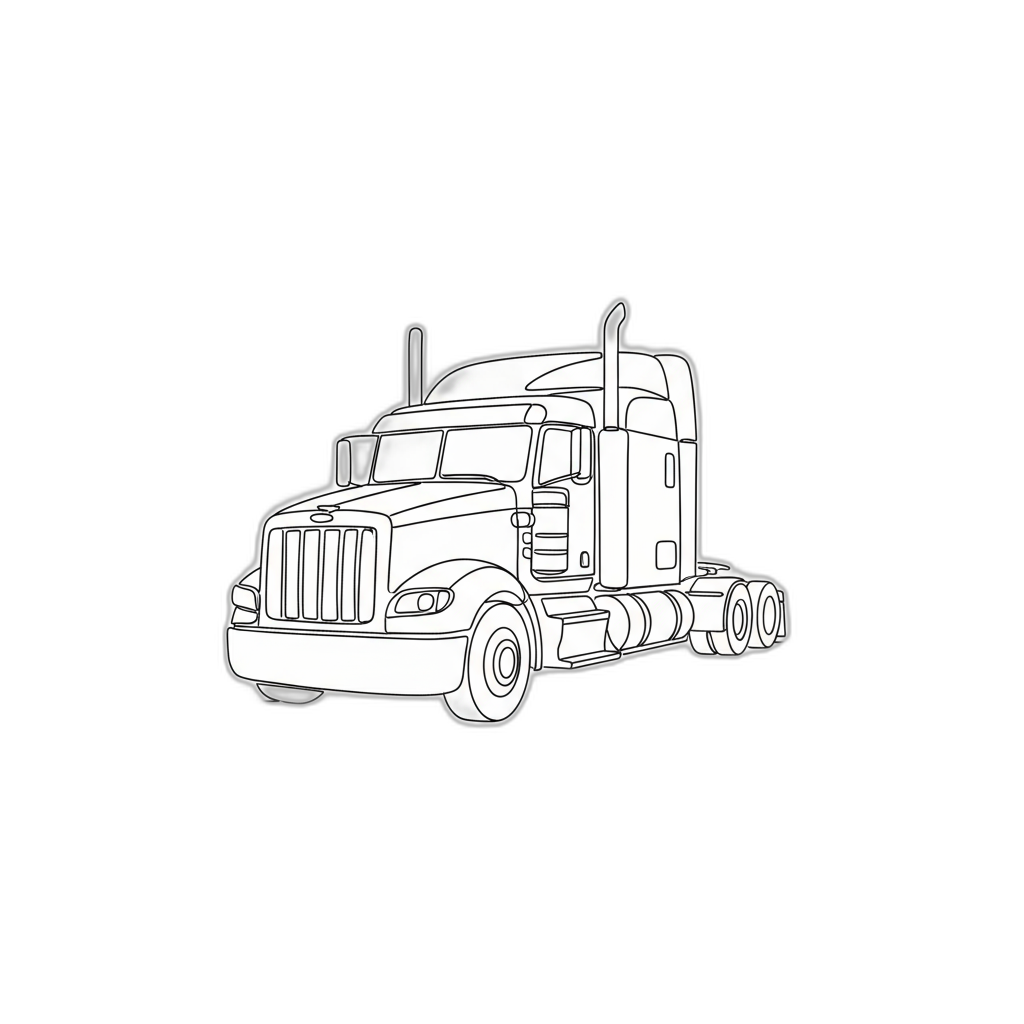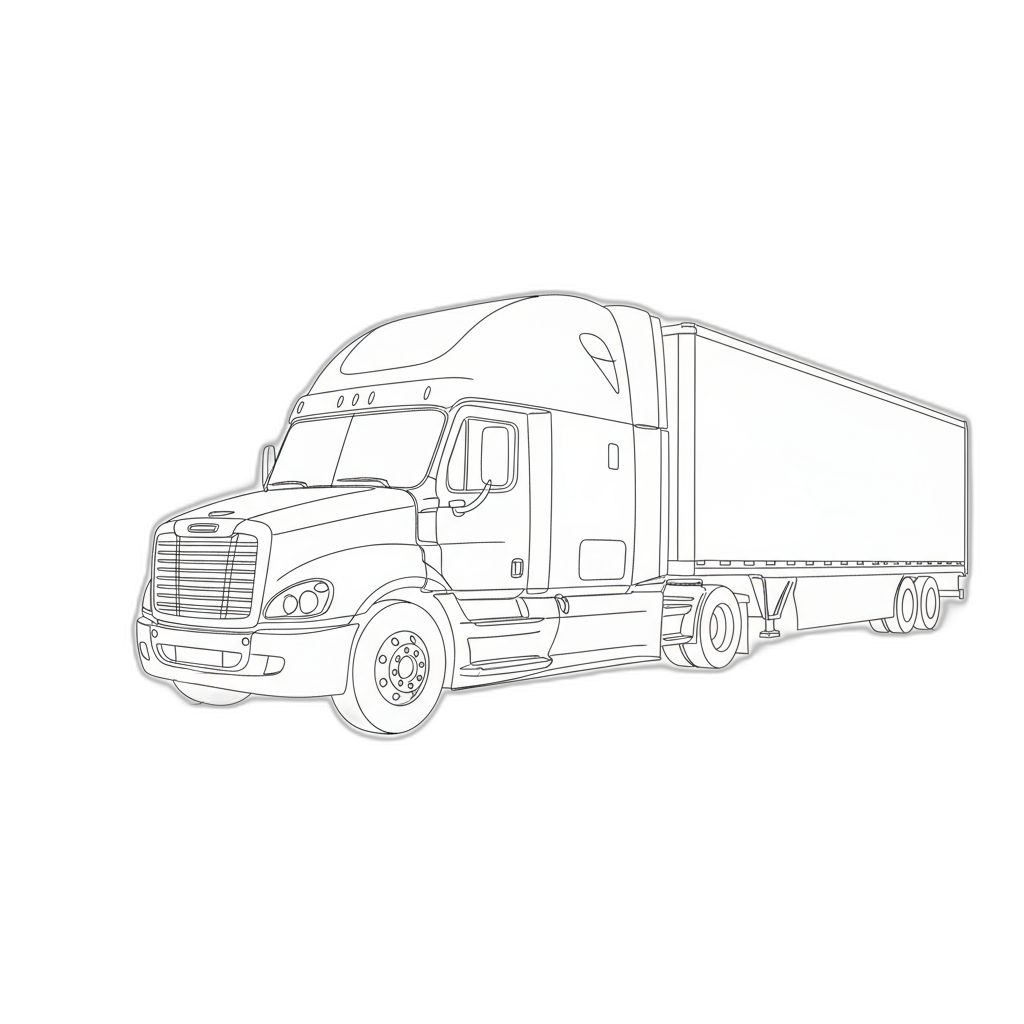Thank you! Your submission has been received!
Oops! Something went wrong while submitting the form.

Nationwide Service
Onsite or Online
USPAP-Compliant
IRS Qualified
DEFENSIBLE, USPAP-COMPLIANT APPRAISAL REPORTS — ACCEPTED BY 10,000+ ORGANIZATIONS






5-Star Service, Trusted & Loved by Hundreds
Your Appraiser Search Ends Here
Your Appraiser Search Ends Here
.avif)

Nationwide Coverage – Appraisals Anywhere in the US
Our extensive network of professional appraisers ensures you receive accurate, trusted valuations wherever you are.

Get it done Onsite or Online
Choose between a seamless online process—preferred by most clients—or in-person service for complex assignments.

Any Asset, Covered
Nationwide appraisers for every asset— from buildings & businesses to vehicles & valuables.

Defensible for Any Purpose
For donations, estates, insurance, and more—our USPAP-compliant reports are built to meet the highest standards.
If you need a defensible valuation for accounting entries, audits, or SEC filings, a Truck appraisal for Financial Reporting provides a USPAP-compliant number that supports your balance sheet, disclosure notes, and internal controls. Professional appraisals combine a certified inspection with photographic documentation, market-comparable analysis, and a reconciled written report accepted by auditors and regulators; learn how appraisals affect reporting in our Financial Reporting overview ([Financial Reporting](/purposes/financial-reporting)).
The appraisal process is predictable and audit-friendly: most truck inspections take about 30 to 60 minutes and formal reports are typically delivered in 1 to 2 business days, so they fit audit cycles and month-end closes. Costs vary by complexity and purpose, commonly ranging from $150 to $700 for truck appraisals, and appraisers base values on condition, mileage, title history, and regional market comparables. Prepare clear service records, VIN photos, and title documentation to improve accuracy and speed; see our Truck appraisal guidance ([Truck appraisals](/types/truck)) and practical tips for reporting projects ([5 Tips for a Successful Appraisal for Financial Reporting](/blog/5-tips-for-a-successful-appraisal-for-financial-reporting)). For lender timing and disclosure rules, review the ECOA valuations guidance at the Consumer Financial Protection Bureau ([ECOA Valuations Rule](https://www.consumerfinance.gov/rules-policy/regulations/1002/14)) and an overview of how banks use appraisals ([how banks use appraisals](https://www.helpwithmybank.gov/help-topics/mortgages-home-equity/appraisals/appraisal-bank-use.html)).
Frequently Asked
Questions
This is some text inside of a div block.
lorem
No Frequently Asked Questions Found.
Financial reporting is a systematic process of communicating critical financial information about an organization to key stakeholders, including investors, creditors, management, and regulatory agencies. This comprehensive approach provides a transparent and structured overview of an organization's financial performance, position, and operational dynamics.
At its essence, financial reporting involves creating detailed financial statements that capture the complex financial landscape of a business during a specific timeframe. These statements offer a nuanced perspective on the organization's economic health, presenting a holistic view of its financial activities and strategic positioning.
The core financial statements serve as fundamental components of this reporting process. The balance sheet provides a momentary snapshot of an organization's financial condition, detailing assets, liabilities, and equity. The income statement reveals operational effectiveness by documenting revenues and expenses, ultimately illustrating profitability. Meanwhile, the cash flow statement tracks the movement of financial resources, offering insights into the organization's liquidity and financial sustainability.
Financial reporting transcends mere number compilation. It represents a critical mechanism for fostering transparency, enabling informed decision-making, and maintaining regulatory compliance. By presenting accurate and comprehensive financial information, organizations create a foundation of trust with external stakeholders while providing internal leadership with essential strategic insights.
For businesses, financial reporting is not just an administrative requirement but a strategic tool that communicates organizational performance, potential risks, and growth opportunities. It serves as a vital bridge between an organization's internal financial mechanisms and the broader ecosystem of investors, regulators, and business partners.
At its essence, financial reporting involves creating detailed financial statements that capture the complex financial landscape of a business during a specific timeframe. These statements offer a nuanced perspective on the organization's economic health, presenting a holistic view of its financial activities and strategic positioning.
The core financial statements serve as fundamental components of this reporting process. The balance sheet provides a momentary snapshot of an organization's financial condition, detailing assets, liabilities, and equity. The income statement reveals operational effectiveness by documenting revenues and expenses, ultimately illustrating profitability. Meanwhile, the cash flow statement tracks the movement of financial resources, offering insights into the organization's liquidity and financial sustainability.
Financial reporting transcends mere number compilation. It represents a critical mechanism for fostering transparency, enabling informed decision-making, and maintaining regulatory compliance. By presenting accurate and comprehensive financial information, organizations create a foundation of trust with external stakeholders while providing internal leadership with essential strategic insights.
For businesses, financial reporting is not just an administrative requirement but a strategic tool that communicates organizational performance, potential risks, and growth opportunities. It serves as a vital bridge between an organization's internal financial mechanisms and the broader ecosystem of investors, regulators, and business partners.
Financial reporting demands precision and reliability, making professional appraisals an essential tool for businesses navigating complex financial landscapes. These comprehensive assessments provide critical insights into the true value of assets, offering far more than simple numerical evaluations.
Regulatory compliance represents a fundamental reason for obtaining professional appraisals. Accounting standards like GAAP and IFRS require precise asset valuations, making independent appraisals crucial for meeting legal and financial reporting requirements. Without accurate valuations, businesses risk potential penalties and compromised financial credibility.
Stakeholder confidence hinges on the transparency and accuracy of financial statements. An objective appraisal delivers an unbiased assessment that enhances the reliability of financial reporting, providing investors, creditors, and management with a clear understanding of the organization's asset portfolio and financial health.
During mergers and acquisitions, appraisals become instrumental in facilitating fair negotiations. These detailed evaluations encompass both tangible and intangible assets, enabling parties to establish equitable transaction values based on comprehensive, professional analysis. This approach mitigates the risks of overvaluation or undervaluation that could significantly impact long-term financial outcomes.
Risk management and insurance strategies also benefit substantially from professional appraisals. By establishing precise asset values, businesses can secure appropriate insurance coverage and develop robust protection strategies. This is particularly critical for organizations with significant physical or intellectual property investments.
Strategic financial planning relies on accurate asset valuation. Appraisals provide actionable insights that inform critical decisions about asset retention, potential sales, or future investments. These evaluations serve as a strategic compass, guiding businesses toward informed financial choices aligned with their broader organizational objectives.
Ultimately, professional appraisals transcend mere regulatory compliance. They represent a sophisticated approach to financial transparency, risk management, and strategic planning, empowering businesses to make data-driven decisions with confidence and precision.
Regulatory compliance represents a fundamental reason for obtaining professional appraisals. Accounting standards like GAAP and IFRS require precise asset valuations, making independent appraisals crucial for meeting legal and financial reporting requirements. Without accurate valuations, businesses risk potential penalties and compromised financial credibility.
Stakeholder confidence hinges on the transparency and accuracy of financial statements. An objective appraisal delivers an unbiased assessment that enhances the reliability of financial reporting, providing investors, creditors, and management with a clear understanding of the organization's asset portfolio and financial health.
During mergers and acquisitions, appraisals become instrumental in facilitating fair negotiations. These detailed evaluations encompass both tangible and intangible assets, enabling parties to establish equitable transaction values based on comprehensive, professional analysis. This approach mitigates the risks of overvaluation or undervaluation that could significantly impact long-term financial outcomes.
Risk management and insurance strategies also benefit substantially from professional appraisals. By establishing precise asset values, businesses can secure appropriate insurance coverage and develop robust protection strategies. This is particularly critical for organizations with significant physical or intellectual property investments.
Strategic financial planning relies on accurate asset valuation. Appraisals provide actionable insights that inform critical decisions about asset retention, potential sales, or future investments. These evaluations serve as a strategic compass, guiding businesses toward informed financial choices aligned with their broader organizational objectives.
Ultimately, professional appraisals transcend mere regulatory compliance. They represent a sophisticated approach to financial transparency, risk management, and strategic planning, empowering businesses to make data-driven decisions with confidence and precision.
A truck appraisal represents a meticulous professional assessment that determines a vehicle's comprehensive market value through an in-depth evaluation of multiple critical factors. This specialized process goes far beyond a simple price estimate, involving a systematic analysis of the truck's physical attributes, mechanical condition, operational history, and current market positioning.
Professional appraisers conduct a comprehensive examination that encompasses several key evaluation dimensions. They carefully inspect the truck's exterior and interior conditions, scrutinizing elements like paint quality, structural integrity, and potential damage or wear. The mechanical assessment involves a thorough review of critical systems including the engine, transmission, suspension, and electrical components, often complemented by a performance test drive.
The valuation process considers multiple sophisticated variables that influence market worth. Mileage plays a significant role, with lower-mileage vehicles typically commanding higher values. The truck's make, model, and manufacturing year contribute substantially to its overall appraisal, reflecting manufacturer reputation and specific model characteristics.
Market dynamics form another crucial component of the appraisal. Appraisers analyze current market trends, including regional supply and demand patterns, seasonal fluctuations, and comparable vehicle sales. This comparative approach ensures a precise and nuanced valuation that reflects real-world market conditions.
Beyond transactional purposes, truck appraisals serve diverse practical functions. They provide critical insights for selling, financing, insurance determinations, and trade-in negotiations. Financial institutions, insurance providers, and potential buyers rely on these professional assessments to make informed decisions about vehicle valuation.
The ultimate goal of a truck appraisal is to deliver an objective, comprehensive understanding of a vehicle's true market value, empowering owners and stakeholders with accurate, reliable information for strategic decision-making.
Professional appraisers conduct a comprehensive examination that encompasses several key evaluation dimensions. They carefully inspect the truck's exterior and interior conditions, scrutinizing elements like paint quality, structural integrity, and potential damage or wear. The mechanical assessment involves a thorough review of critical systems including the engine, transmission, suspension, and electrical components, often complemented by a performance test drive.
The valuation process considers multiple sophisticated variables that influence market worth. Mileage plays a significant role, with lower-mileage vehicles typically commanding higher values. The truck's make, model, and manufacturing year contribute substantially to its overall appraisal, reflecting manufacturer reputation and specific model characteristics.
Market dynamics form another crucial component of the appraisal. Appraisers analyze current market trends, including regional supply and demand patterns, seasonal fluctuations, and comparable vehicle sales. This comparative approach ensures a precise and nuanced valuation that reflects real-world market conditions.
Beyond transactional purposes, truck appraisals serve diverse practical functions. They provide critical insights for selling, financing, insurance determinations, and trade-in negotiations. Financial institutions, insurance providers, and potential buyers rely on these professional assessments to make informed decisions about vehicle valuation.
The ultimate goal of a truck appraisal is to deliver an objective, comprehensive understanding of a vehicle's true market value, empowering owners and stakeholders with accurate, reliable information for strategic decision-making.
Online truck appraisals have become increasingly viable in today's digital landscape, offering a streamlined alternative to traditional in-person assessments. Modern appraisal professionals leverage advanced digital tools and communication technologies to conduct comprehensive evaluations remotely.
The process typically involves submitting detailed photographs and comprehensive vehicle information through secure digital platforms. Skilled appraisers can effectively analyze a truck's condition, mileage, maintenance history, and overall market value without requiring physical presence. This approach significantly reduces logistical challenges and time constraints associated with traditional appraisal methods.
Advanced video conferencing technologies enable real-time interactive assessments, allowing appraisers to request specific vehicle views and ask detailed questions. These live virtual sessions provide an additional layer of depth to the evaluation process, bridging the gap between digital and in-person appraisal techniques.
Key benefits of online truck appraisals include unprecedented convenience, rapid turnaround times, and the ability to receive professional assessments from anywhere with internet connectivity. Owners can now obtain accurate valuations without disrupting their daily schedules or traveling to physical inspection locations.
Professional appraisers utilize sophisticated digital tools and comprehensive market data to ensure precise and reliable evaluations. While online appraisals offer remarkable flexibility, they maintain the same rigorous standards of accuracy and professional integrity as traditional assessment methods.
The process typically involves submitting detailed photographs and comprehensive vehicle information through secure digital platforms. Skilled appraisers can effectively analyze a truck's condition, mileage, maintenance history, and overall market value without requiring physical presence. This approach significantly reduces logistical challenges and time constraints associated with traditional appraisal methods.
Advanced video conferencing technologies enable real-time interactive assessments, allowing appraisers to request specific vehicle views and ask detailed questions. These live virtual sessions provide an additional layer of depth to the evaluation process, bridging the gap between digital and in-person appraisal techniques.
Key benefits of online truck appraisals include unprecedented convenience, rapid turnaround times, and the ability to receive professional assessments from anywhere with internet connectivity. Owners can now obtain accurate valuations without disrupting their daily schedules or traveling to physical inspection locations.
Professional appraisers utilize sophisticated digital tools and comprehensive market data to ensure precise and reliable evaluations. While online appraisals offer remarkable flexibility, they maintain the same rigorous standards of accuracy and professional integrity as traditional assessment methods.
The truck appraisal industry encompasses a diverse range of specialized professionals, each focusing on distinct segments of the truck market. These appraisers bring targeted expertise to evaluate vehicles based on specific criteria, market conditions, and unique characteristics.
Commercial truck appraisers concentrate on vehicles used for business operations, meticulously assessing factors like age, mileage, condition, and current market trends. They provide comprehensive valuations that reflect the truck's practical business value and potential.
Heavy-duty truck specialists dive deep into larger vehicles designed for significant transportation challenges. Their evaluations extend beyond surface-level assessments, examining mechanical integrity, component durability, and compliance with complex regulatory standards. These appraisers understand the intricate requirements of construction, agricultural, and industrial transportation vehicles.
Light-duty truck experts focus on smaller vehicles like pickups and vans, evaluating nuanced elements such as brand reputation, model specifics, optional features, and regional market demand. Their approach considers both quantitative metrics and qualitative factors that influence vehicle pricing.
Vintage truck appraisers represent a unique niche, bringing historical expertise to antique and classic truck evaluations. They investigate provenance, restoration quality, originality, and the specialized collector's market, understanding that historical vehicles often appreciate differently from standard transportation assets.
Fleet truck appraisers take a holistic approach, analyzing entire vehicle collections for businesses. Their comprehensive assessments support critical decisions related to financing, insurance, and operational strategy, providing insights into collective vehicle value and performance potential.
Insurance appraisers play a crucial role in determining truck replacement values and supporting claims processes. Their detailed evaluations ensure accurate coverage and fair compensation, bridging the gap between asset value and potential financial risk.
Each appraiser brings specialized knowledge, transforming complex vehicle assessment into clear, actionable insights for truck owners, businesses, and collectors.
Commercial truck appraisers concentrate on vehicles used for business operations, meticulously assessing factors like age, mileage, condition, and current market trends. They provide comprehensive valuations that reflect the truck's practical business value and potential.
Heavy-duty truck specialists dive deep into larger vehicles designed for significant transportation challenges. Their evaluations extend beyond surface-level assessments, examining mechanical integrity, component durability, and compliance with complex regulatory standards. These appraisers understand the intricate requirements of construction, agricultural, and industrial transportation vehicles.
Light-duty truck experts focus on smaller vehicles like pickups and vans, evaluating nuanced elements such as brand reputation, model specifics, optional features, and regional market demand. Their approach considers both quantitative metrics and qualitative factors that influence vehicle pricing.
Vintage truck appraisers represent a unique niche, bringing historical expertise to antique and classic truck evaluations. They investigate provenance, restoration quality, originality, and the specialized collector's market, understanding that historical vehicles often appreciate differently from standard transportation assets.
Fleet truck appraisers take a holistic approach, analyzing entire vehicle collections for businesses. Their comprehensive assessments support critical decisions related to financing, insurance, and operational strategy, providing insights into collective vehicle value and performance potential.
Insurance appraisers play a crucial role in determining truck replacement values and supporting claims processes. Their detailed evaluations ensure accurate coverage and fair compensation, bridging the gap between asset value and potential financial risk.
Each appraiser brings specialized knowledge, transforming complex vehicle assessment into clear, actionable insights for truck owners, businesses, and collectors.
Obtaining a truck appraisal is a strategic decision that provides critical insights across multiple domains. Whether you're a business owner managing a fleet or an individual vehicle owner, understanding your truck's true market value offers significant advantages.
Tax considerations make appraisals particularly valuable. When donating a truck valued over $5,000, an official appraisal becomes essential for claiming accurate tax deductions. This documentation protects you from potential audit complications and ensures you maximize potential tax benefits.
Insurance planning represents another crucial area where appraisals prove indispensable. A professional assessment provides a precise market value baseline, enabling you to secure appropriate coverage. In scenarios involving theft, accidents, or damage, this detailed valuation guarantees fair compensation reflective of your truck's actual worth.
Legal proceedings often require objective asset valuation. During complex situations like divorce settlements, business dissolutions, or estate planning, an unbiased truck appraisal offers transparent, defensible documentation. This professional evaluation minimizes potential disputes by presenting a clear, agreed-upon value.
Financing opportunities also significantly benefit from comprehensive truck appraisals. Lenders frequently require detailed asset assessments, particularly for commercial loans or specialized vehicle financing. A professional appraisal can expedite loan approvals and potentially secure more favorable lending terms by demonstrating the asset's reliable value.
For those considering selling, an appraisal provides a strategic pricing framework. By understanding current market trends and your truck's specific characteristics, you can confidently set a competitive price that maximizes return while attracting serious buyers.
A professional truck appraisal transcends simple valuation—it's a strategic tool empowering owners with precise, actionable insights across financial, legal, and transactional landscapes.
Tax considerations make appraisals particularly valuable. When donating a truck valued over $5,000, an official appraisal becomes essential for claiming accurate tax deductions. This documentation protects you from potential audit complications and ensures you maximize potential tax benefits.
Insurance planning represents another crucial area where appraisals prove indispensable. A professional assessment provides a precise market value baseline, enabling you to secure appropriate coverage. In scenarios involving theft, accidents, or damage, this detailed valuation guarantees fair compensation reflective of your truck's actual worth.
Legal proceedings often require objective asset valuation. During complex situations like divorce settlements, business dissolutions, or estate planning, an unbiased truck appraisal offers transparent, defensible documentation. This professional evaluation minimizes potential disputes by presenting a clear, agreed-upon value.
Financing opportunities also significantly benefit from comprehensive truck appraisals. Lenders frequently require detailed asset assessments, particularly for commercial loans or specialized vehicle financing. A professional appraisal can expedite loan approvals and potentially secure more favorable lending terms by demonstrating the asset's reliable value.
For those considering selling, an appraisal provides a strategic pricing framework. By understanding current market trends and your truck's specific characteristics, you can confidently set a competitive price that maximizes return while attracting serious buyers.
A professional truck appraisal transcends simple valuation—it's a strategic tool empowering owners with precise, actionable insights across financial, legal, and transactional landscapes.
View all Locations
BEST-IN-CLASS APPRAISERS, CREDENTIALED BY:












.svg)







